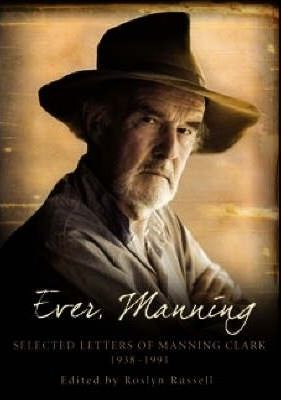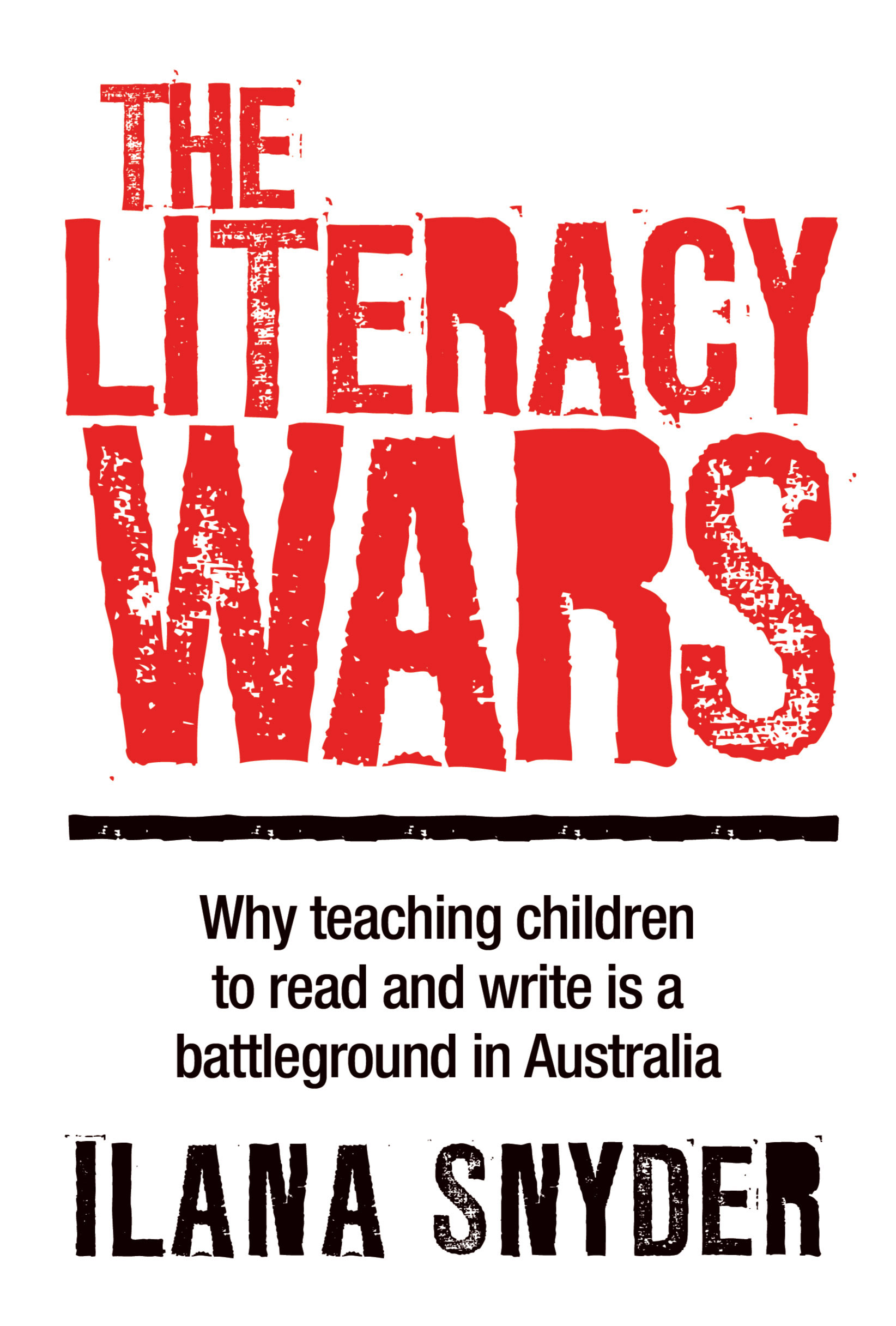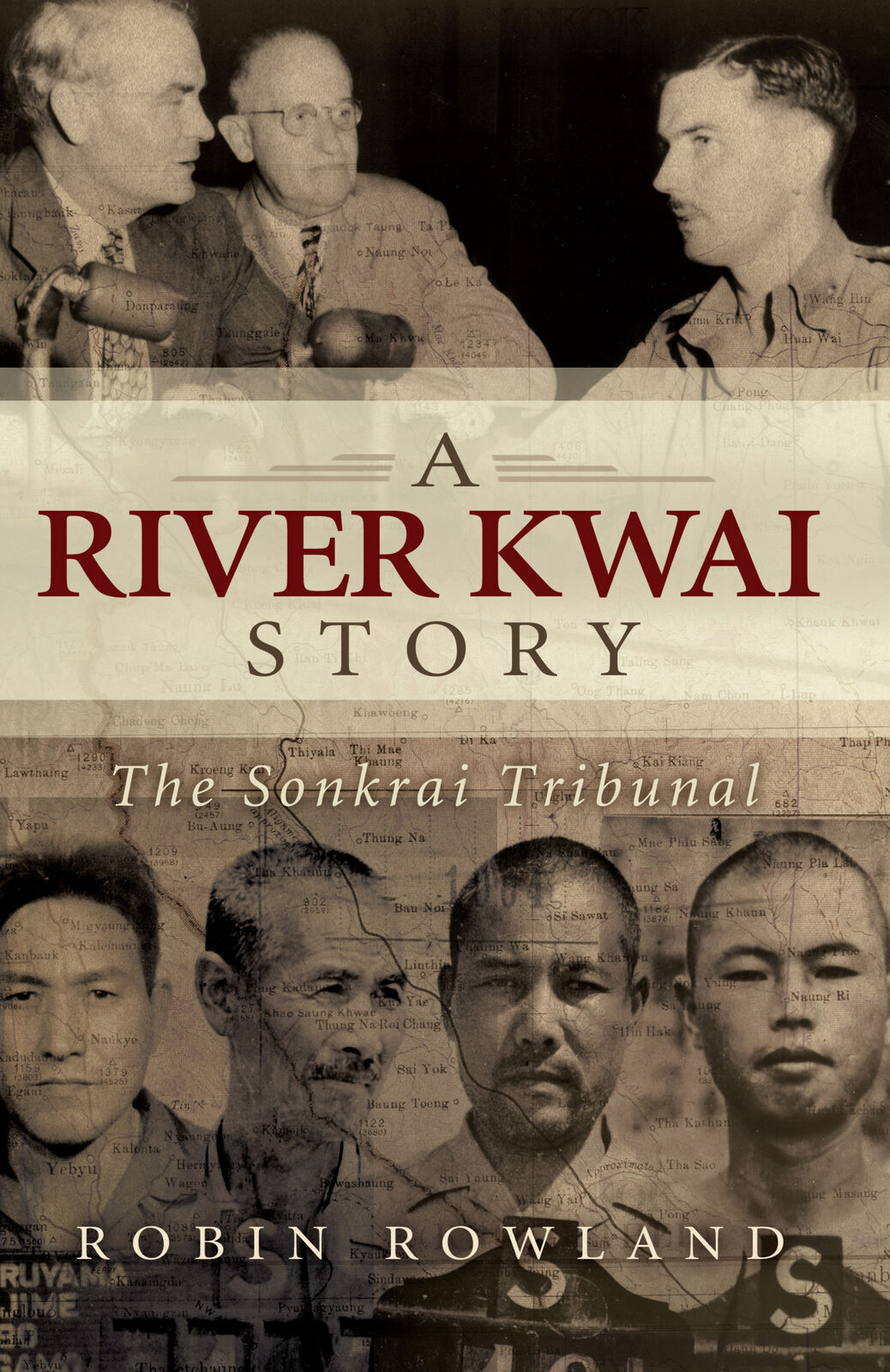Allen & Unwin
Film | Theatre | Art | Opera | Music | Television | Festivals
Welcome to ABR Arts, home to some of Australia's best arts journalism. We review film, theatre, opera, music, television, art exhibitions – and more. To read ABR Arts articles in full, subscribe to ABR or take out an ABR Arts subscription. Both packages give full access to our arts reviews the moment they are published online and to our extensive arts archive.
Meanwhile, the ABR Arts e-newsletter, published every second Tuesday, will keep you up-to-date as to our recent arts reviews.
Recent reviews
Tolerance, Prejudice and Fear by Christos Tsiolkas, Gideon Haigh and Alexis Wright
Tasmania's Wilderness Battles: A History by Greg Buckman
Ever, Manning: Selected letters of Manning Clark 1938–1991 edited by Roslyn Russell
Despite increasing competition from Internet search engines and online encyclopedias, quality information titles for children continue to be produced in Australia. Well-researched non-fiction books that bring their subject matter to life can have a much greater impact on an inquisitive mind than is the case with the fact-bites of Google.
... (read more)








